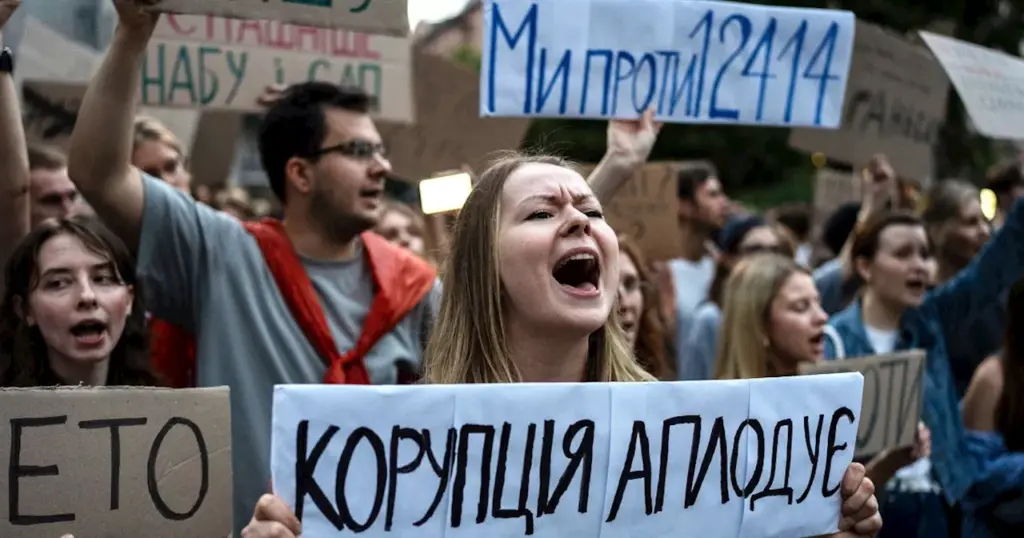
Volodymyr Zelenskyy, President of Ukraine, has recently announced the reversal of several key anti-corruption measures that were implemented in response to international pressure. This decision comes amidst ongoing concerns regarding corruption within the Ukrainian government. Critics argue that the rollback may undermine the integrity of institutions meant to combat graft.
The changes primarily affect the National Anti-Corruption Bureau and the Anti-Corruption Court, which have been crucial in the fight against corruption in Ukraine. Zelenskyy’s administration has indicated that these adjustments are necessary to streamline processes and improve efficiency. However, many observers worry that these moves could weaken accountability in a country where corruption has historically been a significant issue.
Zelenskyy’s administration had previously committed to maintaining robust anti-corruption frameworks, especially in light of Ukraine’s aspirations for deeper ties with the European Union and support from the International Monetary Fund (IMF). The reversal of these measures raises questions about the future of these relationships and the potential impacts on financial aid.
The announcement has drawn immediate backlash from both local and international stakeholders. Activists and watchdog organizations express fear that the rollback could embolden corrupt practices, eroding public trust in government institutions. As one activist stated, “This is a step backward in our fight against corruption, and it sends the wrong message to the public and our international partners.”
The timing of this decision is particularly critical, as Ukraine is currently navigating the complex political landscape shaped by the ongoing conflict with Russia. Zelenskyy has positioned himself as a reformer, but these recent actions could jeopardize that image and affect the flow of international support essential for Ukraine’s stability.
While the government emphasizes that the changes are not intended to diminish the fight against corruption, the lack of clear communication on how accountability will be maintained raises concerns. The European Union has previously linked financial assistance to the implementation of anti-corruption reforms, and this recent shift could complicate future negotiations.
In the coming weeks, it will be essential to observe how these changes impact public perception and the operational effectiveness of Ukraine’s anti-corruption bodies. The international community is likely to closely monitor whether these institutions can continue to function effectively in the absence of some of the safeguards that have been removed.
As Ukraine continues to confront both internal and external challenges, the balance between necessary reforms and the fight against corruption remains a pressing issue for Zelenskyy and his administration. The outcome of this situation will have significant implications not only for Ukrainian governance but also for its relationships with key international partners.







